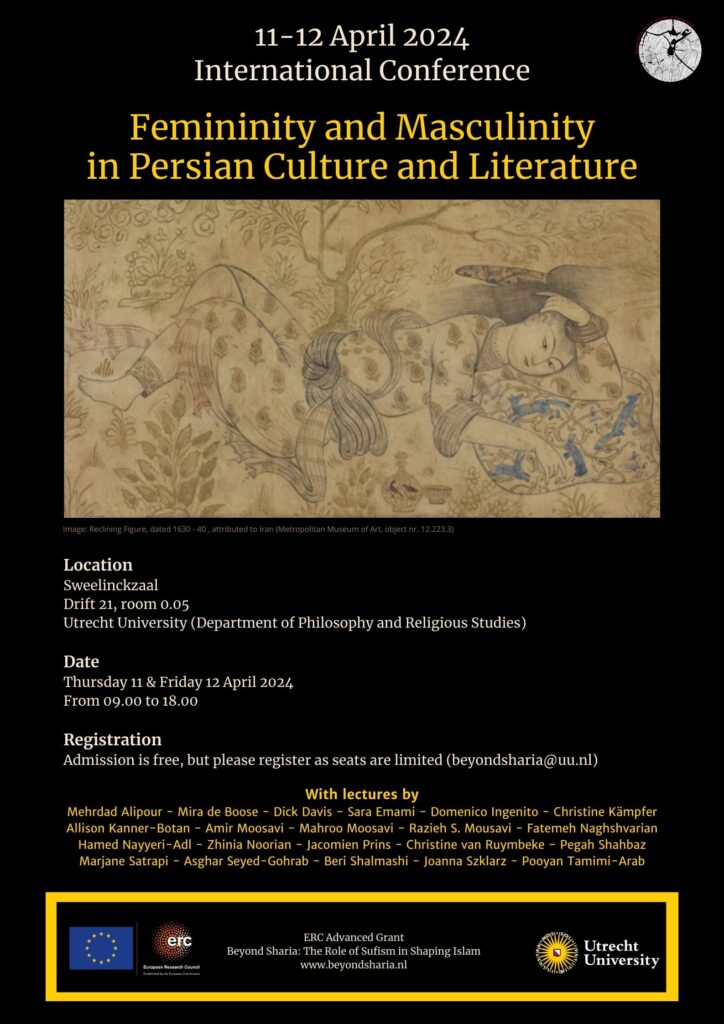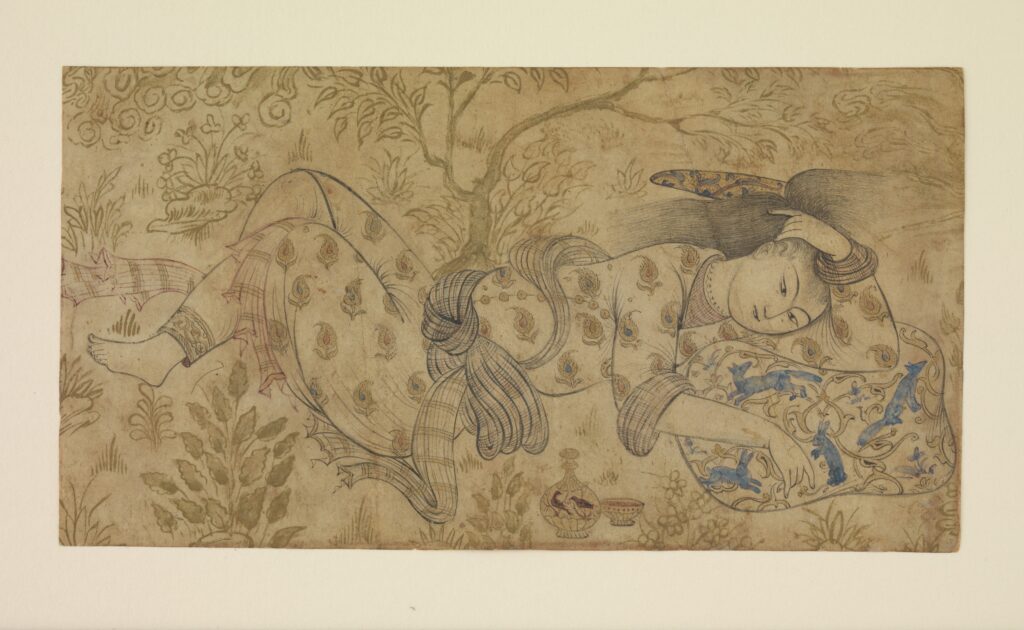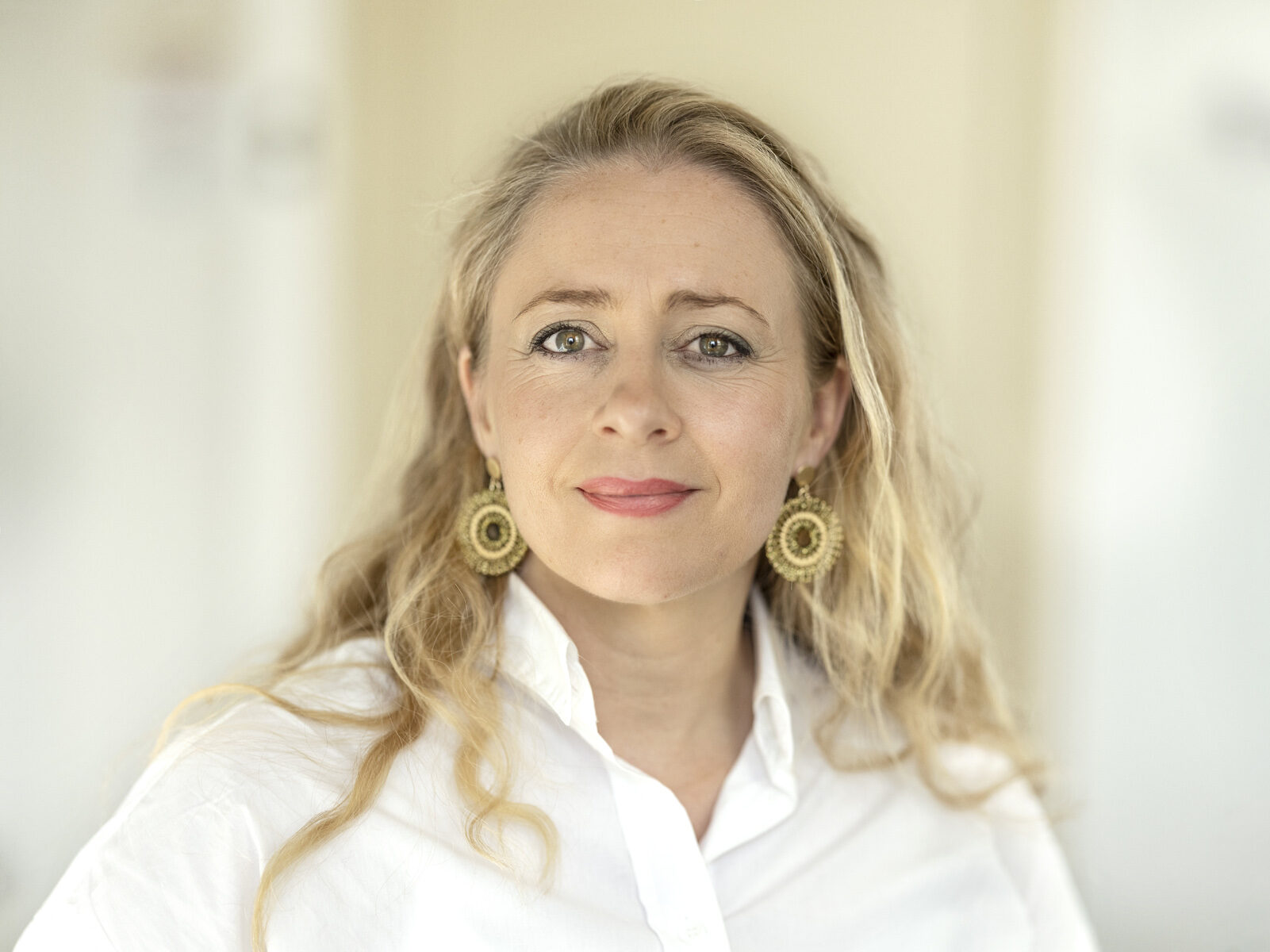On Thursday 11 and Friday 12 April, we are organising an international conference entitled ‘Femininity and Masculinity in Persian Culture and Literature’.
Gender and sexuality are among the most controversial, yet most understudied areas in Persian culture and literature. As an indispensable part of Persian culture, poetry has played a major role in shaping concepts such as femininity and masculinity. For example, one of the major genres of Persian poetry in which many male poets have created their masterpieces is romance. This genre centres around the two key concepts of masculinity and femininity, and the interplay between them. This literary heritage informs us about the male poets’ perspectives on gender and power dynamics. However, other players in the arena of poetry, the female poets, have brought a different set of perspectives to the scene. One of these is the Īnjūʾīd princess Jahān-Malik Khātūn (d. after 784/1382). In her Dīvān of 15 thousand couplets, three times larger than that of her contemporary world-renowned poet, Ḥāfiẓ (d. 1390), she complained of being ostracised by male writers. In the preface to her Dīvān, she excused herself for entering the craft of poetry as a woman. Parvīn Iʿtiṣāmī (d. 1941) is a more contemporary example of a poet being subjected to gender bias in the world of Persian literature. Finding that her very identity as a female poet was disbelieved, she composed a poem simply to assert that she was a woman.
The paradoxical influence of gender in the Persian literary tradition brings several questions to mind. How has this imbalance of gendered perspectives shaped the forms and styles of Persian poetry? How have Persian poets incorporated the patriarchal gender construct into their narratives? How does this liminal gender construct influence the particular dynamics of genres such as romance poetry? How have male Persian poets contributed to perpetuating a biased construct of femininity in their work? If patriarchal gender norms tend to exclude female voices, how does communication between genders take place in a genre like romance? How have female poets dealt with gender-biased power dynamics? What contributions have female poets made to this literary tradition? How is the treatment of sexuality changing in Persian poetry? A constellation of professional experts and young researchers come together to share their insights in this international conference on ‘Femininity and Masculinity in Persian Culture and Literature’. The presentations and the lively discussions afterwards will shed light on many aspects of the question of gender in Persian culture and literature.
With lectures by
Mehrdad Alipour – Mira de Boose – Dick Davis – Sara Emami – Domenico Ingenito – Christine Kämpfer – Allison Kanner-Botan – Amir Moosavi – Mahroo Moosavi – Razieh S. Mousavi – Fatemeh Naghshvarian – Hamed Nayyeri-Adl – Zhinia Noorian – Jacomien Prins – Christine van Ruymbeke – Pegah Shahbaz – Marjane Satrapi – Asghar Seyed-Gohrab – Beri Shalmashi – Joanna Szklarz – Pooyan Tamimi-Arab
Conveners
Asghar Seyed-Gohrab, Zhinia Noorian, Arash Ghajarjazi, Leila Rahimi Bahmany, Maarten Holtzapffel, Amin Ghodratzadeh, Alexandra Nieweg, Fatemeh Naghshvarian
Location: Utrecht University, Drift 21, room 0.05
To see the programme please click here.
Please register below to attend the conference at Utrecht University. Only the lecture by Marjane Satrapi can be attended online, the rest will be on location in Utrecht. Registration is compulsory as seats are limited. Entrance is free!



